Table of Contents
“Most Puppies are always thirsty, but you can’t always tell if they’re dehydrated.”
So how do you know if the puppy is drinking enough water? And what should you give them to drink? Read on.
Young puppies need lots of nourishment, but your new arrival may have some difficulty staying hydrated at the beginning.
That’s because puppies don’t start producing concentrated urine until they are about two weeks old—pups nurse when they are born, which is their primary source of fluid intake and nutrition.
“The kidneys and liver of a newborn puppy aren’t yet fully developed, so it can be quite hard for them to produce concentrated urine.”
As their kidneys develop, the new puppy will naturally produce more concentrated urine as they start eating solid food.
At 2 to 3 weeks of age, the mother‘s milk becomes insufficient, and the puppy will need extra nourishment.
Tips for the watering puppy that are useful:
- Drop a few ice cubes into his water bowl before filling it up. Licking and chewing the ice cubes will help him cool down, encouraging him to drink less water.
- If your dog is already ignoring their water bowl, you’ll need to try other hydration methods.
- It’s best to spread your puppy’s water intake throughout the day as much as possible.
- Avoiding messes If you’ve ever tried to leave a water bowl in your puppy’s crate or x-pen, you may have noticed their first instinct is to knock the bowl over.
- Offer some canned food, flavor water with chicken or beef broth, or try to use a needleless syringe to place water in your puppy’s mouth gently.
How Much Water to Give a Puppy
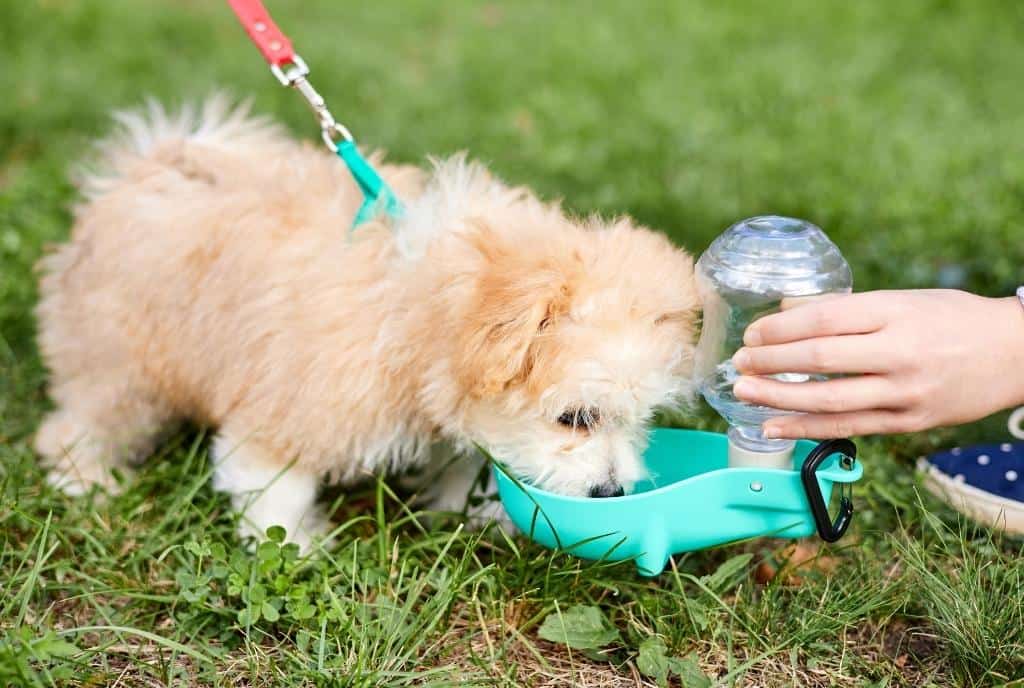
Puppies already weaned off of their mother’s milk need around 15 – 30ml of water per pound of body weight. Make sure to monitor your puppy’s activity level and water intake so that they are staying adequately hydrated.
A dog’s water requirement is about two glasses for every pound of their body weight. That means that if you have a 50-pound pup, they should drink around 10 cups each day! For smaller dogs who need more liquid than this amount per day (like pups), convert the ounces into cups using our conversion equation: Ounces x 2 = Cups.
The recommended daily intake for a 5-week old chihuahua weighs 2 lbs and should be given about two cups of fresh drinking water per day. Young puppies need lots of nourishment, but their new arrival may have difficulty staying hydrated at first as they don’t produce concentrated urine until about two weeks old!
The key to keeping your puppy hydrated is maintaining their fluid intake.
The general rule of thumb says you should give them between ½ and 1 ounce per pound (or 20 grams).
For example, if someone has a 40-pound pup, they need 30 -32 ounces or 8 cups!
To help your puppy feel more at home, you should remove his water bowls before bedtime and as per usual during feeding times.
We earn a commission if you click this link and make a purchase at no additional cost to you.
This will give room for one last potty break that is all on the pup!
Does My Puppy Drink Too Much Water?
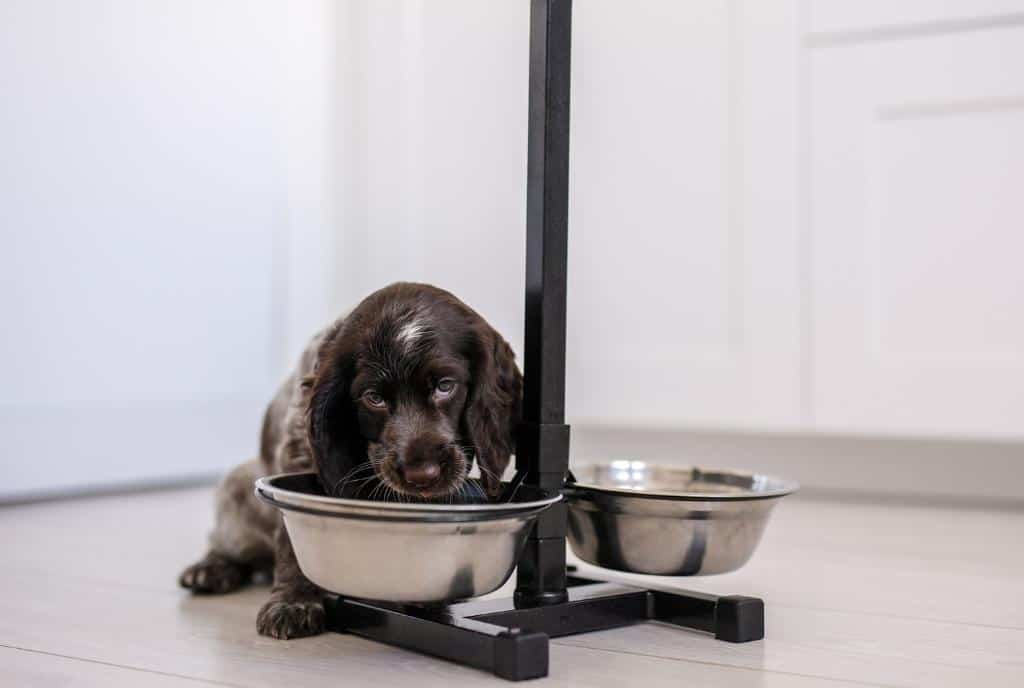
Cocker Spaniel and Labrador Retrievers are known for their love of drinking water, but it can lead to problems if they drink too much.
This could cause bloating or diarrhea followed by lethargy, among other things!
Your dog should not be drinking more than 2 liters of water a day, which is usually about half a gallon.
If they are and you’re worried because your pup has been playing outside on hot days or sharing a drink from standing puddles, then it’s best to reduce their intake even further!
If your puppy has been drinking a lot more than usual or seems less active, then you should see their vet to make sure that the liver isn’t failing and they aren’t sick.
If your puppy’s gums are dry or sticky, he needs more water. Press gently on his mouth until the area turns white and then release as you would with a baby or infant for them to return into healthy pink within two seconds; if it takes longer than 3 seconds before they refill–your pup may be dehydrated!
How Can I Tell if My Puppy is Dehydrated?
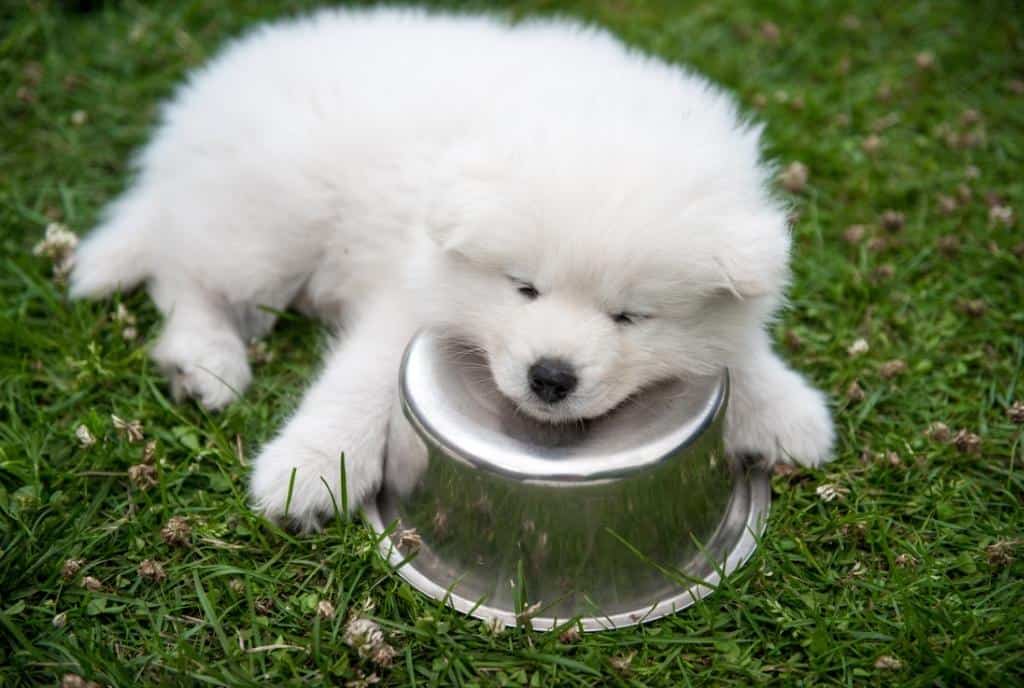
Just like all other animals, puppies need water to survive.
Dehydrated puppies are more likely than usual to be lethargic and refuse food or drink.
They could also show signs of excessive panting (especially if they’re not getting enough air), dry skin on their abdomen caused by lackadaisicalness about drinking water, which is why you should always keep a bottle nearby when caring for these little ones!
Puppies need water to keep their body temperature regulated and keep their digestive tract running smoothly.
When they ingest too little water, their body will begin to retain it to compensate for dehydration. With time, dehydration can become severe and even cause death.
You can’t give your puppy enough water, but they need food too. If you notice any of the symptoms mentioned above, such as lethargic behavior or dry skin/gums, then contact a vet ASAP!
Dehydration is a significant concern for new puppy parents. It can be caused by many factors, including an empty stomach from not eating before bringing home the pup or illness in their digestive tract and teething; symptoms include dry gums that feel overly firm when touched with your finger (they should turn white where you touch them then return to normal within seconds).
Puppy Dehydration Causes
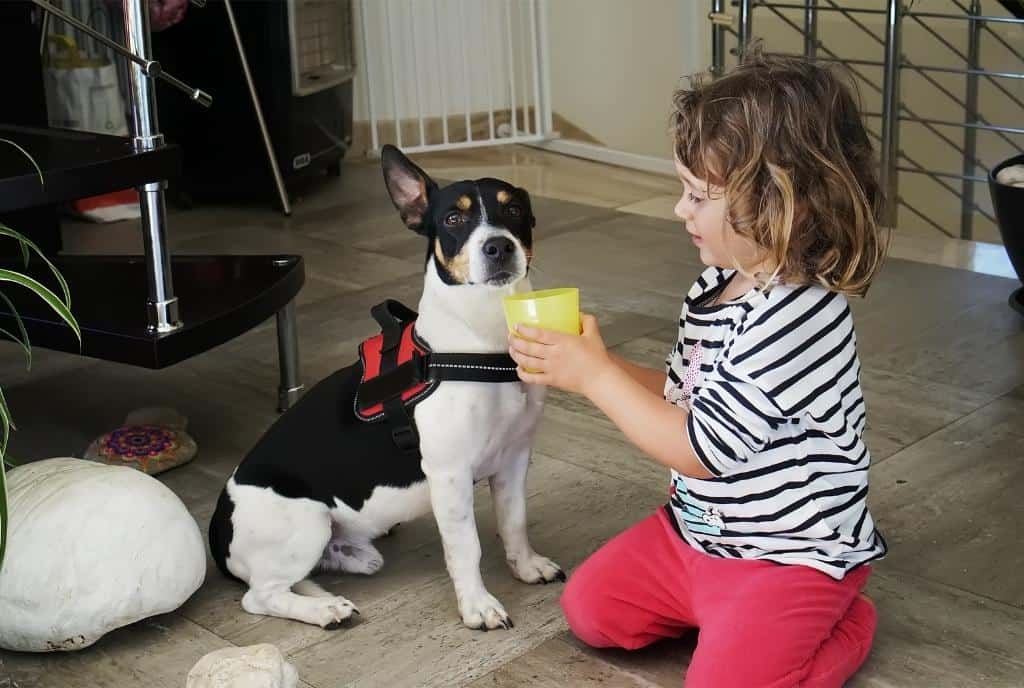
The most common cause of dehydration is lack of water, but several other reasons to consider. Dogs with digestive tract illnesses may also lead to a deficiency in The thirst-quenching effect that only pure, delicious drinking enough liquid has can help you notice if your dog seems thirsty or not interested when they should be drinking more than just about anything; else!
Puppy dehydration can also be attributed to unplanned events such as staying in the pet hospital or boarding a kennel due to an illness or injury.
Pups are born with intestinal parasites, commonly referred to as worms, which can cause diarrhea resulting in loss of water.
Since they are more active than their adult counterparts, they need more cool water to stay hydrated for the day.
How is Dehydration Treated?
Dehydration is treated by providing the puppy with fresh water and other fluids. This may be accomplished orally or intravenously, depending on how dehydrated they are (don’t worry- it’s not nearly as gross!) Fluids will also flush harmful wastes from their body while rehydrating them!
The overall health of dogs impacts how quickly you can recover from dehydration; younger ones have less time than older dogs because there isn’t much that they can do to prevent overheating except for wearing clothes suitable at different temperatures.
Any underlying condition (such as kidney disease) will also need to be treated directly.
Skin Tent
The water pressure test is a quick way to assess how much hydration your dog has.
If they are in a normal position and remain so, then possible that the skin was able to stay dry despite this long period without a drink; however, if not after 24 hours of no changes, you should get medical attention as soon as possible because his dehydration could be 8-100%.
Capillary Refill Time
The capillary recharge period CRT is a standard test for diagnosing shocks or dehydration. If you push hard against the inner lip and mouth, it will briefly whiten as blood flow becomes redirected to other areas of your pet’s body, allowing pink back in just two seconds after removal – usually, if there has been some formative delay with CT (capillaries) exams due likely because they were dehydrated!
Return to Otis
Let’s revisit Otis Somers and learn the basics of dehydration and water usage.
After asking Mrs. Somers another question, it became apparent that Otis usually fills the bowl when the container appears empty.
He’s pretty good at cage training, but he can still drink water at night.
Aside from that, Mrs. Somers usually only carries Otis out when she is more comfortable with it and not regularly. Otis’s tests were pretty good without symptoms.
Mucous Membranes
The most easily detected mucus membranes are the ones in your dog’s mouth. Changes to these may indicate a problem with dehydration and can be diagnosed by checking if they’re pink, sticky, or dry-feeling; this means you have an issue on hand that needs addressing right away before things go from bad to worse.
How Can I Help My Puppy?
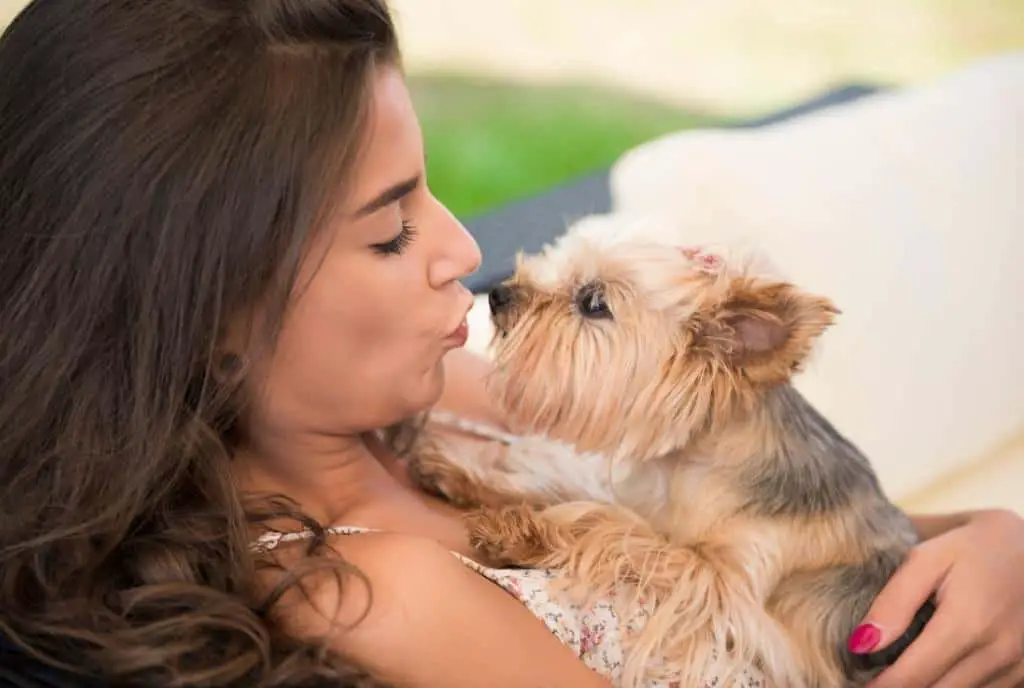
Dogs need to drink enough water every day, and it’s essential for them not to be dehydrated.
The vet will help bring your puppy back into the normal range of hydration while figuring out what caused this issue in the first place, but you can do some things on your own, too, like giving cold or hot liquids (depending) as well as moving pets away from any activity so they don’t overdo themselves since that could cause further strain which isn’t good at all!
Very young pups that are still nursing will get hydrated from their mother’s milk.
That said, when weaning young puppies, it’s essential to have fresh water nearby at all times. Pups all need to be checked to ensure they are drinking enough water each day.
My puppy drinks a lot of water; should I worry? The opposite of Dehydration is excessive drinking.
This can also indicate problems. If your puppy empties his eight-ounce water bowl four times a day but isn’t doing much, a vet visit may be in order.
Puppy Drink
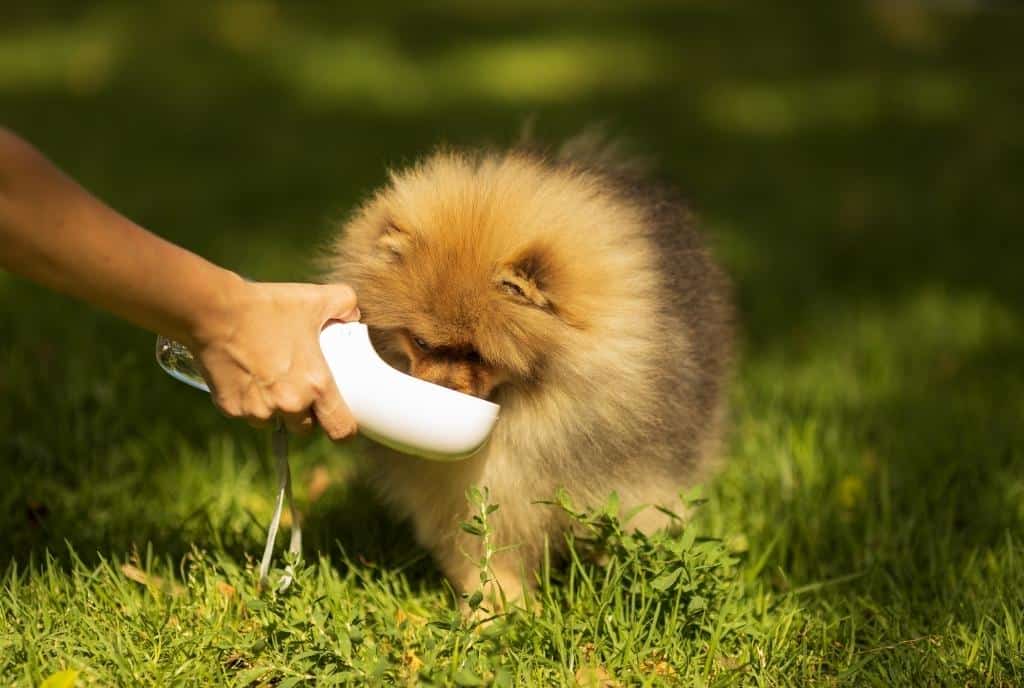
The worst thing a baby can go through is an upset stomach. It’s also something that parents worry about when their child has drunk too much fluid, as it could lead them into becoming overly full and unable to digest any more nutrients due in part to not being able to process all of those liquids properly- causing malnutrition which will make them sicker than just having the typical “sick” feeling we know so well!
Delicate Balance
If you have a young puppy, it’s essential to monitor their diet and make sure they get plenty of water. A lack of fluids can be life-threatening!
Puppy Health Problems
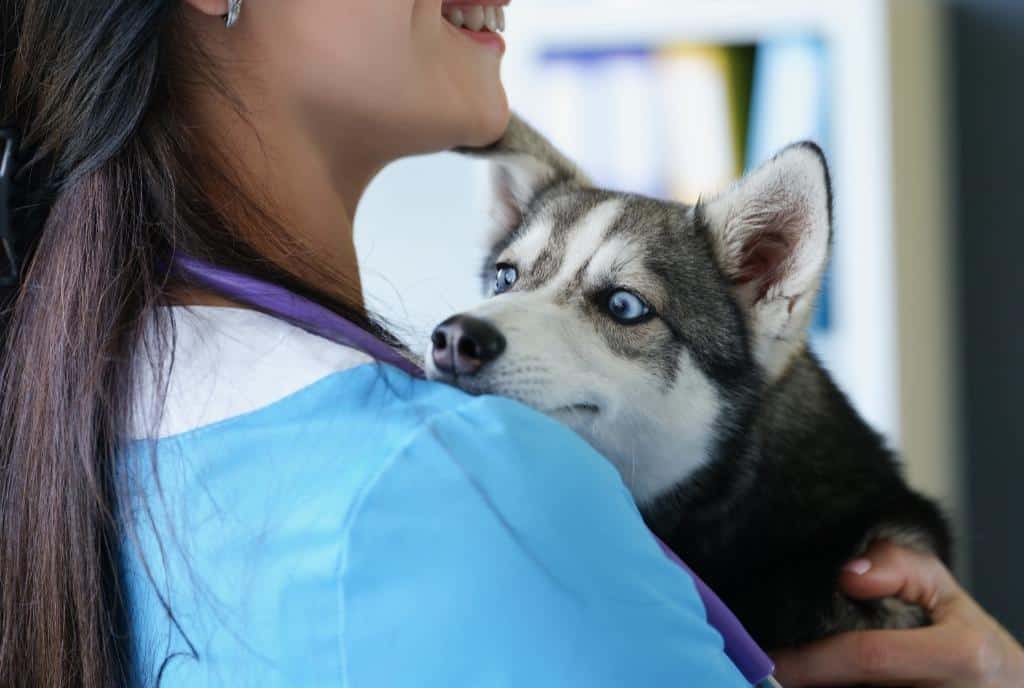
If you’re bringing your puppy out in hot weather, make sure to keep them out of the sun for prolonged periods. You can also avoid bacterial infections by ensuring their water and food bowls are cleaned frequently or keeping all four paws on dry ground!
Serious health complications can follow fluid loss from your pet’s body. This may include heat stroke, vomiting, diarrhea, excessive urination, and other severe conditions that need to be taken care of by a vet immediately. If your puppy eats primarily dry food, he may not be getting enough water. And some dogs don’t seem very tempted by their bowl of fresh water.
Of course, all dogs are different for potential factors that come into play! Not only that, but every day has a brand-new adventure!
While 0.5 to 1.0 ounces per pound is the norm, your dog might drink more or less. Here are some important factors that could impact your dog’s water intake as they potty train.
We earn a commission if you click this link and make a purchase at no additional cost to you.
Weaning When dogs wean off their mother’s milk, they tend to drink a bit more water than usual. They’re transitioning from a pure liquid diet to solid foods.
Health concerns Just like tiny babies, Puppies drink more water if they have any health issues, such as hypothyroidism.
Cushing’s disease, kidney and liver disease; Symptoms of over-hydration include:
Nausea Vomiting Lack of coordination Lethargy Bloating Dilated pupils Excessive salivation Pale gums As you can see, water is an essential part of your puppy’s good health (and sleeping well through the night).
Intravenous fluids and hospitalization. If your puppy starts vomiting or has diarrhea, then the first thing that you should do is take him to a vet as soon as possible.
Puppies can be extremely active, and intense play can deplete bodily fluids.
Heat. Excessive water loss can occur during exposure to extreme heat. Never let a puppy stay out in the sun without shade, and never leave your dog in an enclosed car.
When I forewarn puppy parents that their little pooch might be tired after a vet visit and vaccines, they sometimes breathe a sigh of relief. Sound familiar?
I try to set the expectation that incredibly active puppies may go back to the water bowl multiple times during the day to have a drink.
A typical test for dehydration is the skin tent test. To perform this test, gently pull up on the loose skin over the back of the neck.
During regular hydration, the skin will go back into position quickly. The skin of dehydrated pets will go back into place more slowly than usual. It can take practice to see the difference, and there are variations in the pinch test.
When your fingers are pinched near the top of a dog’s back, the skin should bounce right back after you let go.
Behavior
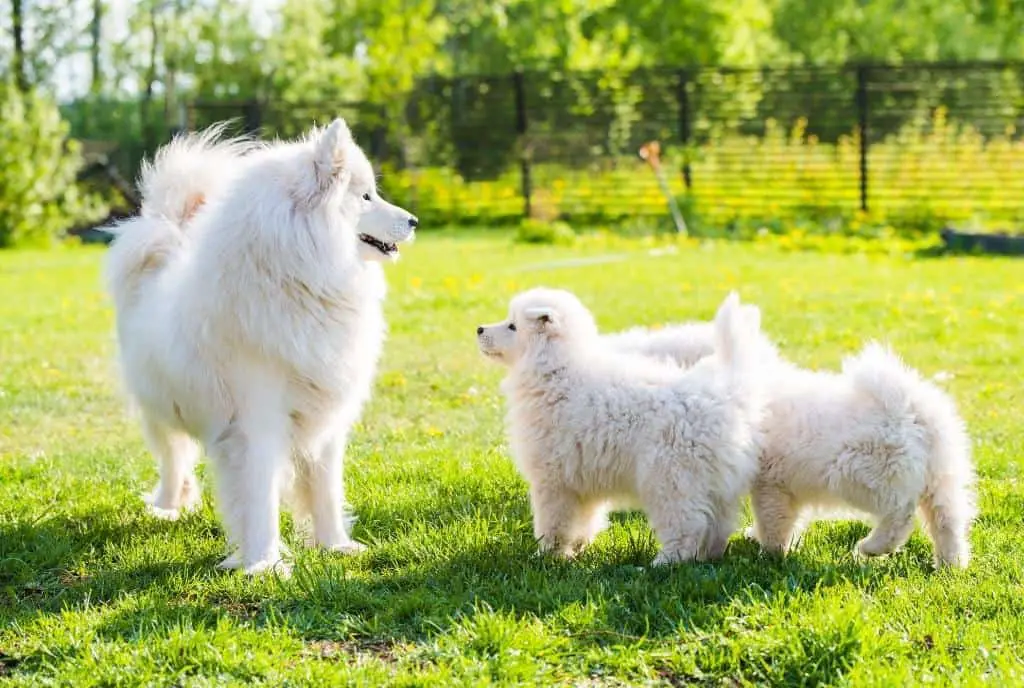
Water tastes good, the dogs like the drink, and the dogs can’t resist drinking them. The puppies had fun! When the dog gets active, sometimes they’ll come back in the water and sometimes just because the water sparkles and is irresistibly bright. The resulting behavior fixation of the dog is drinking water is called psychogenesis polydipsia. This does not mean that the puppy has any medical requirements to drink more, but he still gets obsessed with drinking water anyway. It is only by examining the daily water requirements of the pup that can determine whether the dog is beyond the requirements.
Medical
We must discuss the medical causes of drinking. But if we examine a medical problem secondly, the first reason must be considered and ruled out before determining simple behavior as the culprit. Adult dogs often experience excessive urethritis when consuming alcohol, which can cause severe pain; in this case, the dog is trying to recover from this water loss with more water to drink. This includes diabetes mellitus (similar to type 1 diabetes in humans), Cushing’s disease (when the body produces too many steroids), and renal problems.
Exercise and Exertion
Some dogs can be active. When I warn dog parents about their pup’s fatigue after a vet visit and vaccination a few times, they breathe a sigh of joy. Is this true? I try to set the goal of the puppy going to the water bowl multiple times during the day. We generally have no interest in denying them water (or the potential for putting all your energies into the air and sleeping at night). They are essential for getting into the bathroom a lot of times, sometimes once a day.
Oh, the heat
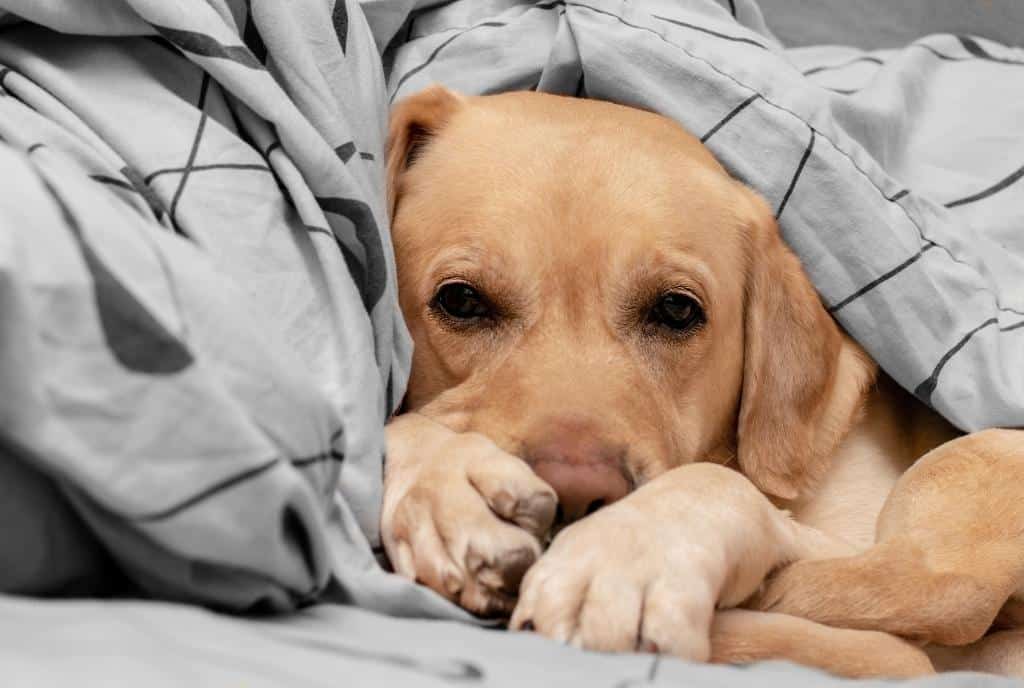
Usually, when it gets hot, our dogs come to the clinic with symptoms of heat stress or fatigue. Young puppy owners can not see their puppy needs differently in hot climates because it’s difficult to understand.
Canines are more sensitive to changing temperatures than humans. This is particularly true with dogs whose coat is heavier or who have not yet “blown” their winter coats. Unlike people who cannot sweat in their bodies, dogs do not sweat.
The size of the puppy, activity level, diet, weather conditions, and metabolism are the five major factors determining your puppy’s appropriate water intake.
Body Weight
If your dog is overweight, it’s because he drinks too much. The puppy can drink more than usual because there are higher bodily functions (he may excrete more), but the dog does not feel thirsty because the same amount of water is distributed to each living cell in the body. Another cause of high body weight is not much exercise during the day. Water is an essential part of a dog’s body and critical to good health.
Adult Dogs
Most dogs will automatically hydrate to the correct amount, though some may over-or under drink. The most critical requirement for an adult dog is to drink it during the day. The amount of water your dog needs is not affected by age. If your dog is drinking more water than usual, it can be a symptom of many diseases or conditions. Your vet will help you determine the cause of the increased water consumption.
Mother’s Milk
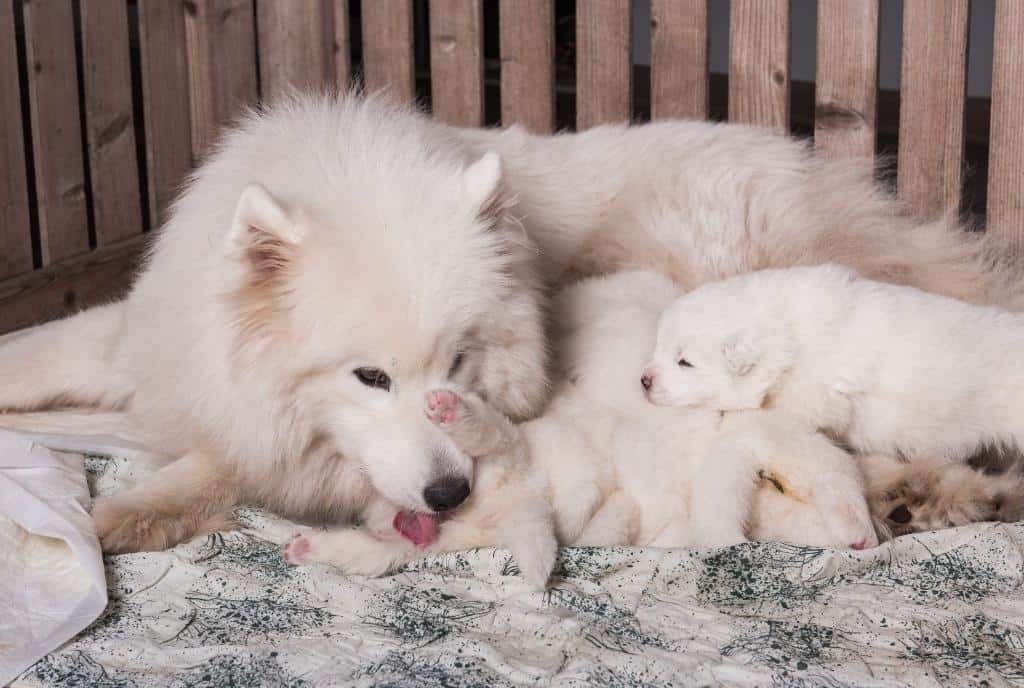
Most mother dogs are hydrated for their puppies. If you think your dog is not getting enough water, especially during hot days or in high humidity, you should take him to the vet to be sure.
Conclusion
Water intake isn’t something that you have to control as an adult. Once puppies are out of the potty training phase, they’re more capable of managing their bladders. As a result, they can drink however much they please! But until then, make sure to keep track of what your fluffy is drinking.
How Much Water Should a Puppy Drink? Many dog owners take this lightly and don’t think that the water intake of their pup (whether it is too less or excess) is a reason to worry for them. Keeping an eye on the water intake of your puppy can significantly improve their health.
Dehydrated puppies aren’t as playful and sleep more—sticky gums. Gum tissue in a well-hydrated puppy is shiny in appearance and moist and slippery when touched. Dehydrated dogs will have dry, tacky gums.
What’s Wrong with Too Much Water? For many owners, the go-to is making an endless supply of water readily available for dogs. Water is vital, and amply hydration is necessary for good health.


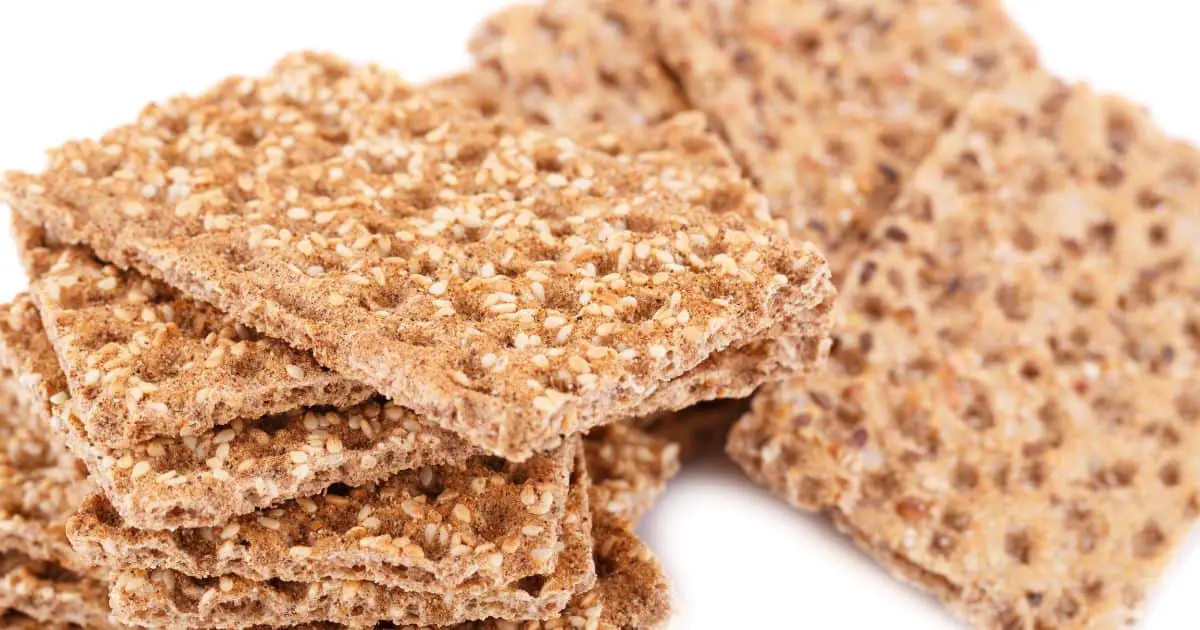
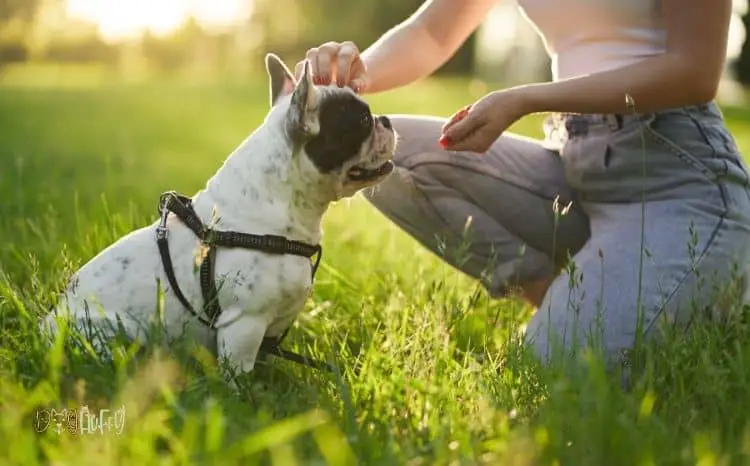
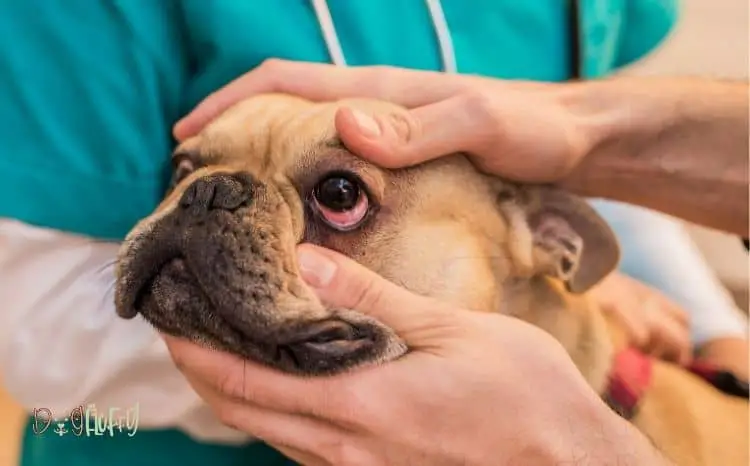
Leave a Reply
You must be logged in to post a comment.